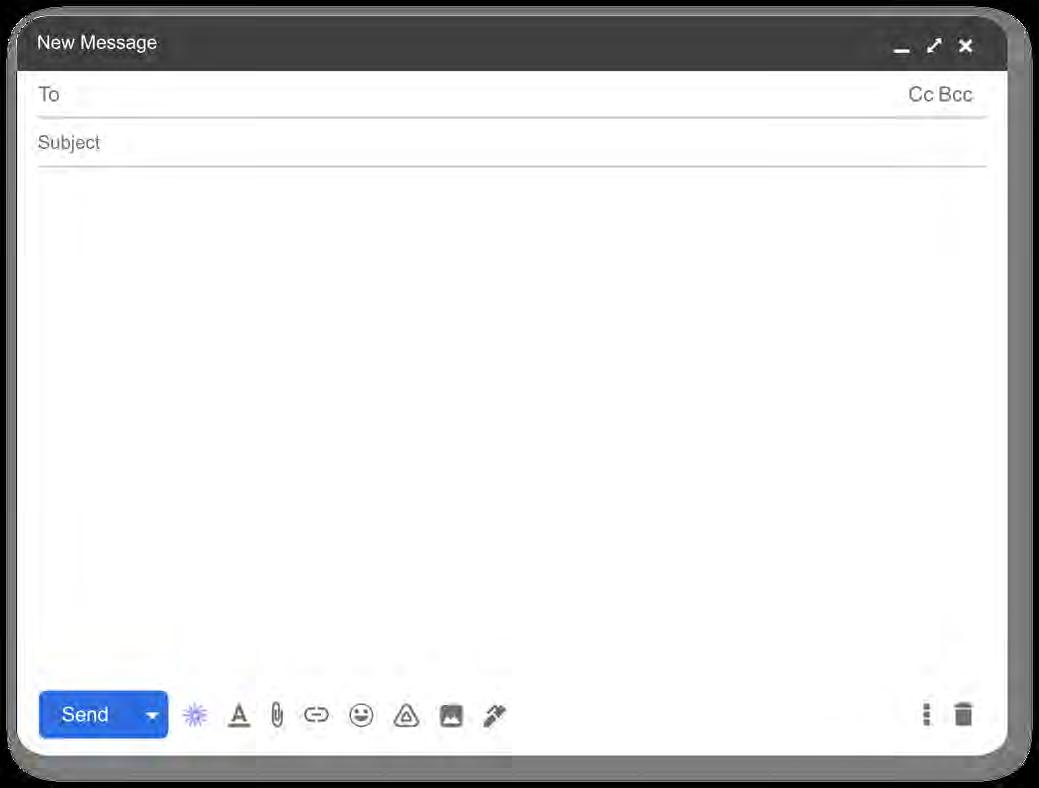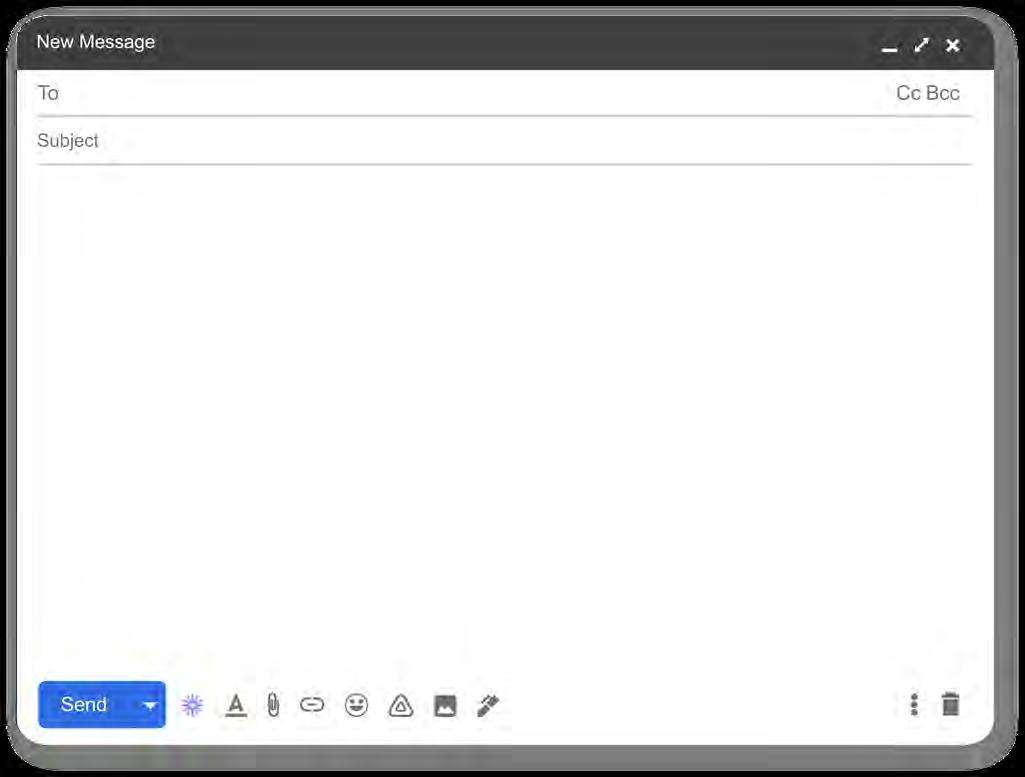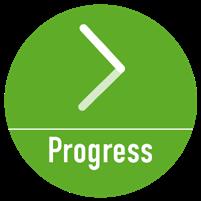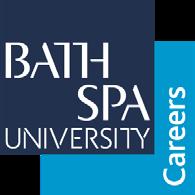Guide to... Networking









Networking is about building relationships with people you know and those you do not know to create opportunities. An opportunity could be a job, internship or work placement, a chance to work shadow or visit an employer, an opportunity to work on a collaborative project, to gain freelance opportunities or to have informational interviews (i.e., career conversations) with industry professionals.

The following scenario is a real example of how networking
During second year, Tom decided he wanted to become
He used online directories to find and research
He contacted several development studios, introduced himself, explained his interest in getting into the sector, and briefly discussed his skills. Two said they would be
He found out more during these meetings and provided
He contacted both employers a week later – one invited
Through this Tom gained a contact at another employer that more closely related to his interests, and this led to
Tom was invited to apply for a job at this employer in
The term networking sounds scary, but, when you network, you are having a chat with a focus. When you do not know the person, the best way to start off is to ask questions, get to know the person and their industry. Having a set of questions at the ready will help structure networking conversations. So, the next time you have an opportunity to talk to someone - lecturers, employers, family, a friend - about your career, it’s a good opportunity to put your



Always start networking conversations with the intention of seeking career-related advice and information. Even though it may be your aim, it’s best not to ask outright for a job as this is a very closed question that can sound more like a demand. See: Prospects ‘How to Get a Job’ networking section. Instead, when networking, it’s always useful to have a set of career-related questions you can ask. This will give you more confidence in knowing what to say as a starting point for conversations.
The following REVEAL method can be a useful tool:

In-person events are great opportunities to network. If you are attending a conference or exhibition in your chosen industry or are planning to go to a careers fair to meet with employers (see: Target Jobs ‘How to Network at Careers Events’), then there is plenty you can do to feel prepared and confident.
• Find out who will be at the event and decide who you want to speak to. Research the companies by visiting their website, their social media channels, and reading any news articles on them.
• If you have been introduced by someone else, then remind the person you are speaking with why you want to talk to them or explain how you know about them (e.g., you read about them in an article or found their profile on LinkedIn).
• Mention you’re a student or recent graduate as people are more open to helping those at the early stage of a new career.
• What do you enjoy about working in your sector? What do you find most challenging?
• What do you do on a day-to-day basis?
• What’s it like working at this organisation? What type of clients do you freelance for? How did your business/start-up develop?
• What do you find most interesting and challenging about working in this sector?
• What skills, knowledge, and experience are needed to do the job well?
• What skills, knowledge, and experience will be needed in the future?
• What changes can you see in this sector in the next few years and how can I prepare myself when starting out in my career?
• What are the most common ways people get into this career? How did you get into the sector/job?
• How do you traditionally apply for jobs in the sector? Is it by CV, online application form, or speculatively? How can I make my application stand out?
• What do you think is my next step to help me pursue my chosen career?
• What advice would you give to a student trying to get into this field?
• Can you recommend any training programmes, books, or websites where I can find out more information?
• Good closing question: I’m keen to speak to several people in the industry. Would you be able to recommend other people I could talk to who are as helpful as you’ve been?
• Think about what you want to get out of the event.
• Make a positive impression by dressing smartly and appropriately for the sector.
• Identify the skills and knowledge you have to offer and how you can talk about them confidently.
• Have a list of open questions you want to ask people to open the discussion.
• Research the job market, recent news, trends, challenges, and key issues for the sector in which you want to work.
• Be open and friendly with people, using positive body language that shows you are interested and engaged in the conversations you are having.
• Ask people their name and what they do in their profession to get conversation going.
• Ask for advice, not a job. Be able to articulate what you are looking for or interested in knowing and how others can help you move forward in your career thinking and planning.
• Keep in touch with those you meet who may benefit from what you do and vice versa. Express that you enjoyed meeting them and ask if you could get together and share ideas.
• Follow through quickly and efficiently on contacts you are given. When people give you a named contact, your actions are a reflection on them. Respect and honour that and your network will grow.



An ‘informational interview’ is a highly focused factfinding mission with a networking contact designed to help you make decisions about your career by giving you the ‘insider’ point of view. You can use the REVEAL method previously mentioned when planning your conversations. However, when making contact, it is always essential to make the approach in a professional manner.
You might consider the following templates as a useful pointer on how to do this.

Hi <insert name>,
• I am hoping you can help me… / I was given your contact details by <name>
• I graduate next summer and I’m starting to research potential job opportunities.
• I am looking for a job in <industry name>. Ideally, I would like to go abroad for 2-3 years.
• I have experience of volunteering overseas with <name of employer>.
• I’d like to be introduced to people working in <type of employer>. / It was recommended to me by <name> that I get your advice on entering <type of sector> or securing freelance work in <type of work> or developing a business in <type of sector>. It would be great to get your insight given your experience in this area.
• Email or call me if you think of anyone you think it would useful for me to speak to / Would you be willing to answer some questions?
• Thank you for your support / I look forward to hearing from you.

EMAIL TEMPLATE: TO PEOPLE YOU DON’T KNOW AT ALL:

Dear (insert first and last name),
• How did you hear about them? I found your contact details on your website, and I saw you were interviewed in Bath Life magazine this month.
• Include a short personal introduction: I’m currently studying Publishing and English Literature at Bath Spa University.
• State any connection or common interest: I’m aware <insert company name> has consulted for the university on its web marketing.
• State your career objective/State why you feel they would be helpful: Once I graduate, I intend to work in communications at a marketing agency and, given your position as Director of Communications, I thought you’d be the ideal person to talk to about how to make it happen.
• Make the request for a conversation: If you would be willing to meet me, I would be very grateful for your time and advice and would be happy meeting in person or online.
• Thank them: Thank you for your time and consideration.
Online tools are becoming an increasingly important aspect of networking. Initiative-taking and effective use of online networking tools can support you to build and develop professional relationships, further your career research and discover opportunities.
Many students and graduates use LinkedIn; as the world’s largest online networking tool, you are likely to find connections in every sector locally, nationally, and internationally. Other social media platforms may also be utilised for professional networking, and you may find that some are more relevant to your sector than others.

• Spend time reflecting on the information people give you. What should you act upon?
• Do you need to change the way you apply for jobs/ placements?
• Do you need to gain any additional skills and how do you intend to do this?
• What other sources of information did you come away with and have you explored them?
• Have you thanked someone for their time in networking with you by following up by email/ LinkedIn to keep in touch?
Bath Spa Careers and Employability is here to help you get a great start to your career. We are open year round, so to find out more about how we can support you go to: www.bathspa.ac.uk/careers
As a student or recent graduate, MyCareer is your online portal for booking events, accessing appointments, submitting queries, and searching for jobs and placements.
You can also follow @bathspacareers on social media: Facebook | Twitter | YouTube | LinkedIn | Instagram
Every effort has been made to ensure the information in this resource guide is accurate but we recommend that you check all details carefully.
The University is committed to the promotion of equality and diversity. If you require this publication in an alternative format, please go to MyCareer to submit a request via ‘Questions’.




May 2023
Careers

